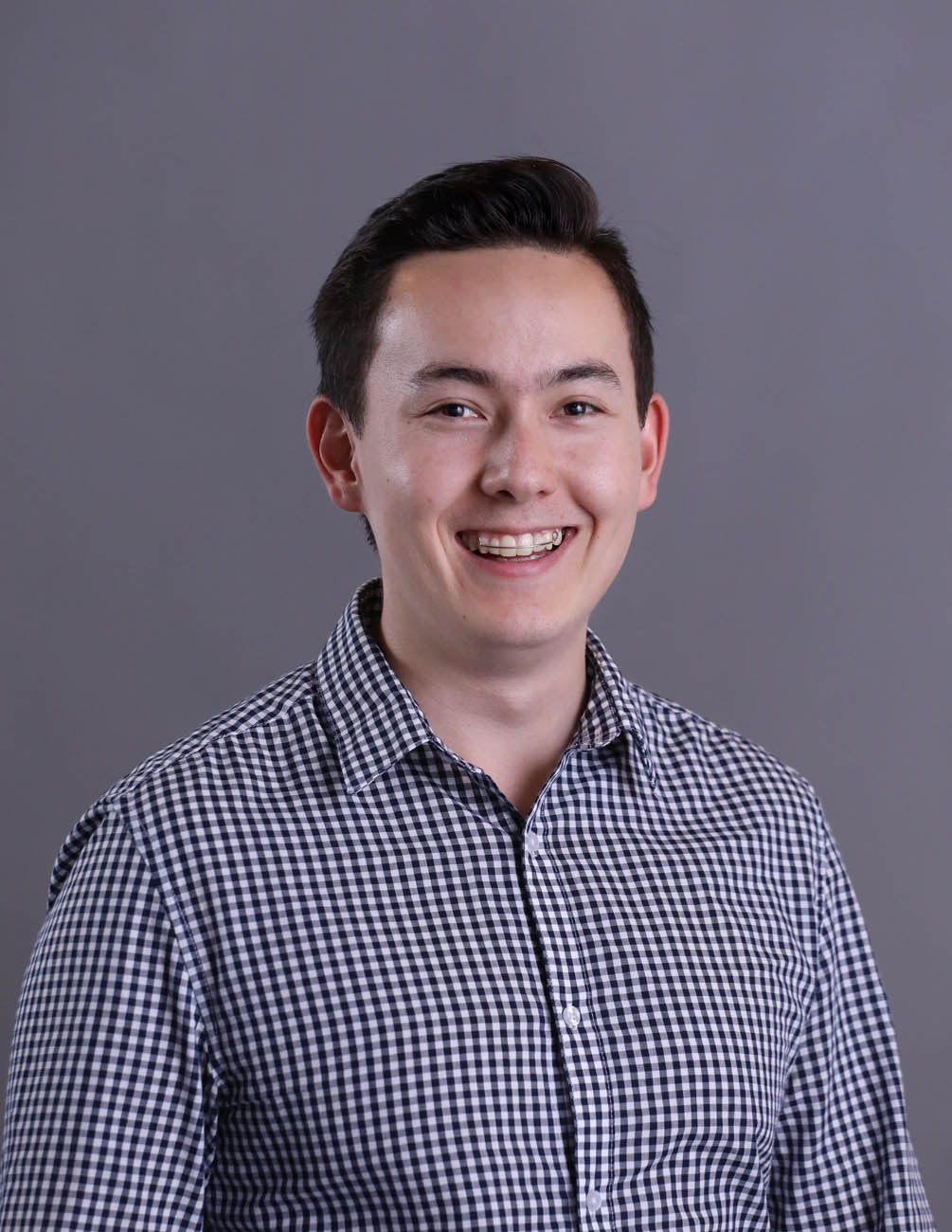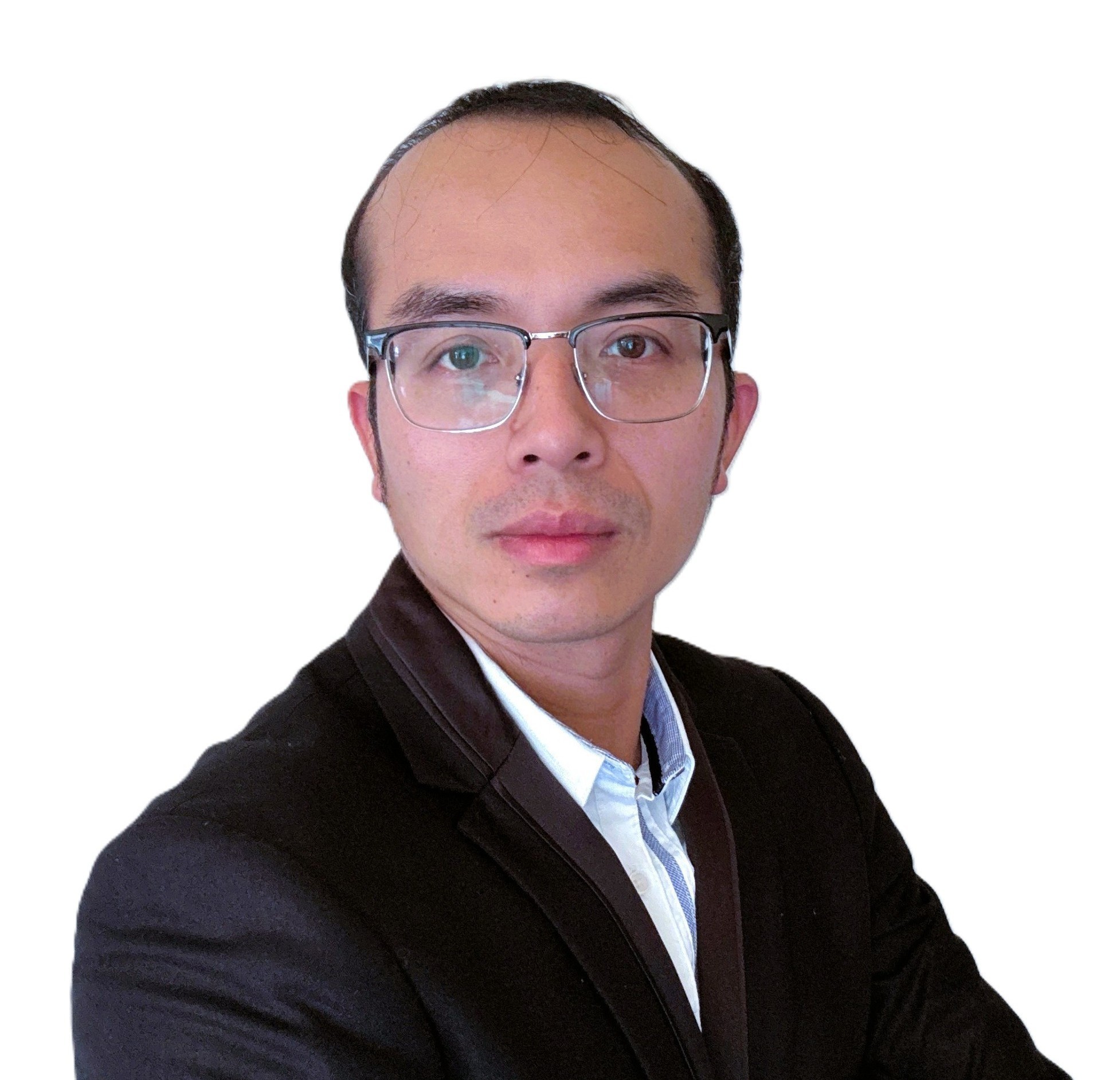Tackling some of cancer’s biggest mysteries: new grants for UNSW Sydney researchers
2025-03-24T11:59:00+11:00

Four early and mid-career researchers have received funding to tackle some of cancer's toughest challenges.
Photo: iStock
Medicine and biomedical engineering academics will receive grants to explore new approaches to cancer treatment.
Can a robot help detect tiny tumours before they spread? Could we develop a $1 test to monitor for cancer mutations in just 15 minutes? And how can survival rates be improved for one of the most aggressive cancers?
These tricky subjects will be tackled by six UNSW Sydney researchers, who have been awarded prestigious and highly competitive grants from Cancer Institute NSW.
Totalling nearly $3.5 million, these awards support NSW cancer researchers working on exciting breakthroughs that aim to improve treatment and outcomes for people living with cancer.
Fellowship funding is offered at two levels: Career Development Fellowships, which are awarded to mid-career researchers whose work demonstrates the potential to have a major impact on cancer outcomes, and Early Career Fellowships, which encourage recipients to become leaders of their own research teams.
The Accelerated Research Implementation Grants support evidence-based projects that benefit at least one community identified as a ‘focus population’ in the NSW Cancer Plan.
Aboriginal Cancer Research Grants are awarded to strengthen the responsiveness to the needs of Aboriginal people by supporting lifestyle and health literacy programs through culturally safe models of care.
UNSW Pro Vice-Chancellor Research Professor Dane McCamey congratulated the researchers on their fellowships and funding.
“Our researchers are leading the way in cancer research, continuously pushing the boundaries of current understanding. I commend these emerging research leaders, who are on track to become prominent academic figures in Australia and internationally.”
Career Development Fellowship
Dr Thanh Nho, a Scientia senior lecturer at the School of Biomedical Engineering, has been awarded $668,081 for his project ‘Extending the reach of soft micro-endoscopic robot for early detection and treatment of epithelial carcinomas’.
Epithelial carcinomas (ECs) which grow in the cells that line or cover the internal and external surfaces of the body are the most common cancers, accounting for around 80% of all cancers worldwide. Medical imaging, such as CT scans, MRIs, ultrasounds and x-rays, is the primary method for EC screening, however these technologies cannot detect small tumours, which results in many missed cases, late diagnoses and cancer progression. Early detection and treatment are therefore crucial to increasing survival rates.
Dr Nho is developing a micro-endoscopic soft robot capable of accessing hard-to-reach structures in organs like the breast, lung, prostate and pancreas, and detecting abnormalities via a mini-camera. The robot will be able to detect ECs and remove tumours.
Early Career Fellowships
Dr Fei Deng, a research associate at the School of Biomedical Engineering, will receive $597,900 for his project ‘Autocatalytic CRISPR biosensor for ultrasensitive ctDNA detection towards precision oncology’.
Genetic testing of small fragments of DNA that are released into the bloodstream from cancer cells provides precise, real-time information to guide care of cancer patients. However, existing techniques used to detect and analyse the DNA require highly specialised laboratories and equipment, and often encounter contamination.
Dr Feng’s project aims to create innovative, cost-effective ‘DNA biosensors’ to monitor cancer by detecting its DNA in blood. These sensors, designed to target specific cancer mutations, will provide accurate results in less than 15 minutes at a cost of less than $1 per test. They will enhance cancer monitoring, detect therapy resistance and disease recurrence, and could potentially replace traditional biopsies, making cancer care more accessible and efficient.
Dr Carolyn Mazariego, an implementation scientist and health services researcher at the School of Population Health, has been awarded $600,000 for her project ‘Scalable and sustainable implementation of tumour-specific patient reported outcome collection programs to ensure person-centred cancer clinical care’.
Dr Mazariego will develop specialised survey tools — ‘Patient Reported Modules (PRMs)’— to help address the wide range of issues patients face during their cancer journey. These can include physical, mental, financial and social problems which are hard to address in often short medical appointments. She’ll create PRMs tailored for prostate, breast and colorectal cancer patients to allow patients to report their wellbeing and concerns, which can then be addressed by their healthcare team.
The new tool is expected to improve the quality of life for cancer patients.
Dr Shona Ritchie, a postdoctoral researcher at Garvan Institute of Medical Research, has been awarded $497,584 for ‘Repurposing PCSK9 inhibitor evolocumab to enhance the efficacy of chemotherapies in pancreatic cancer’.
Pancreatic cancer (PC) has one of the worst outcomes of all cancers – just 30% of people survive for 1 year or more after they are diagnosed. It spreads quickly to other parts of the body, and is frustratingly resistant to therapy.
Dr Ritchie discovered that highly metastatic pancreatic cancer cells produce an abundance of a PCSK9, a protein known to regulate cholesterol metabolism. Her research suggests it may also have a role in promoting disease progression in pancreatic cancer. Her preliminary studies show that anti-PCSK9 drugs combined with chemotherapies result in a better response than chemotherapies alone. This new project seeks to improve understanding of how these drugs can improve the response patients have to chemotherapy, and identify those who could benefit from this potential new treatment.
Accelerated Research Implementation Grant
Associate Professor Vincent Cornelisse from the Kirby Institute and UNSW Medicine & Health was awarded $796,000 for ‘Reducing the incidence and increasing survival of anal cancer in People Living with HIV (PLWHIV) from regional and rural NSW’.
Although anal cancer is generally regarded as rare, rates of anal cancer in specific populations, such as people with HIV, approach those of breast and prostate in the wider community, with approximately 100 cases/100,000 per year.
Anal cancers are usually diagnosed at a late stage of the disease when people have symptoms. However, late-stage diagnosis has a five-year survival rate of 70% even with aggressive treatment, and those who do survive have lifelong side effects from radiation treatment.
Early identification of anal high-risk Human Papillomavirus (hrHPV) infection, and treatment of pre-cancer lesions, has been shown to significantly reduce the risk of anal cancer. A/Prof. Cornelisse’s project aims to design, implement and evaluate locally based anal cancer prevention services in regional and rural NSW and to inform the roll-out of these services in other parts of the state.
Aboriginal Cancer Research Funding
Associate Professor Julieann Coombes from The George Institute for Global Health and UNSW Medicine & Health was awarded $332,285.90 for ‘Culturally Safe Cancer Care Model for Aboriginal and Torres Strait Islander Patients.’ The project aims to evaluate a culturally safe cancer care model tailored for and by Aboriginal and Torres Strait Islander people in the South-West Sydney Local Health District.
First Nations people experience significant barriers when accessing cancer care, leading to poorer outcomes compared to the general population. Factors such as culturally unsafe healthcare environments, communication issues, and a lack of trust in medical services contribute to this gap.
To address these challenges, the project led by A/Prof. Coombes will embed Aboriginal Health Workers within the Cancer Services multidisciplinary team to provide culturally appropriate support and ensure that care is patient-centred and respectful of cultural values. Additionally, these workers will deliver a comprehensive capabilities training program for healthcare professionals involved in cancer treatment to help them provide respectful and responsive care for Aboriginal and Torres Strait Islander patients.
A full list of recipients is available on the Cancer Institute NSW website.
This story was updated on March 28 to include the recipients of the Accelerated Research Implementation Grant and the Aboriginal Cancer Research Grant.
Media enquiries
For enquiries about this story and interview requests please contact Louise Templeton.
Tel: 0413495994
Email: louise.templeton@unsw.edu.au


.jpg)







